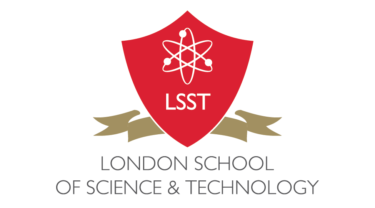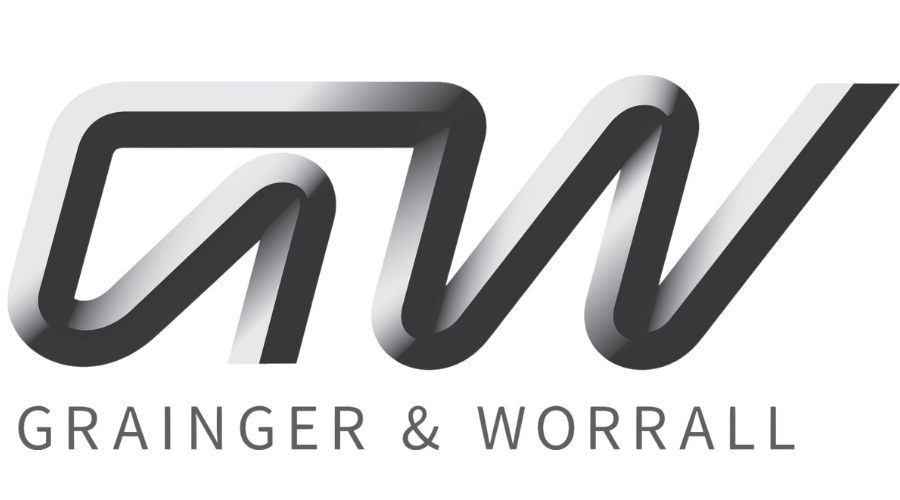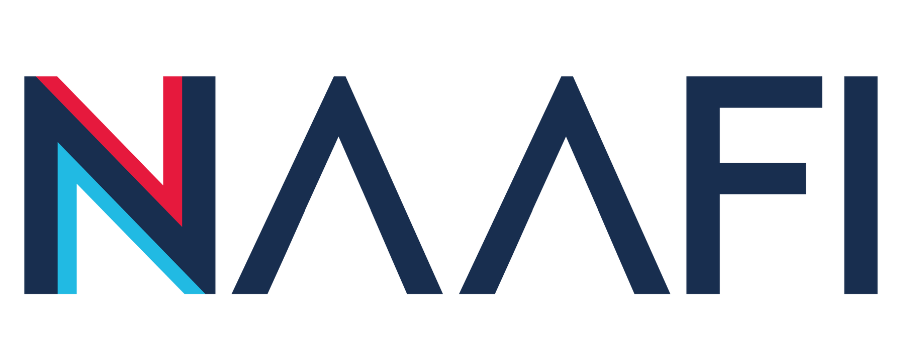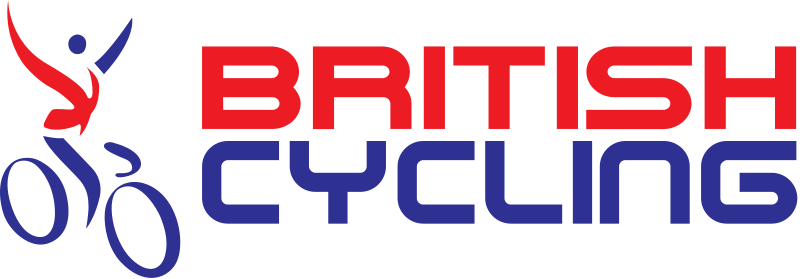Emotional Intelligence in the Workplace
In today's fast-paced and interconnected work environments, technical skills alone are not enough to thrive and succeed. Emotional intelligence (EI) has emerged as a critical factor in building strong relationships, effective communication, and successful leadership. It refers to the ability to recognize and understand emotions, both in oneself and others, and to use that knowledge to manage emotions and navigate interpersonal dynamics.
Why is emotional intelligence important in the workplace? Research has shown that individuals with high EI are more likely to display empathy, adaptability, and resilience, leading to better collaboration, conflict resolution, and overall job performance. They have the capacity to understand the needs and motivations of their colleagues, engage in effective communication, and inspire others to achieve their best.
One key aspect of emotional intelligence is self-awareness. This involves recognizing and understanding one's own emotions, strengths, and limitations. By developing self-awareness, individuals can better manage their reactions, make more informed decisions, and respond effectively to stressful situations. It also enables individuals to recognize the impact of their emotions on others and adjust their behavior accordingly.
Another crucial component of emotional intelligence is empathy. Empathy is the ability to understand and share the feelings of others. In the workplace, empathy fosters a positive and supportive environment, where colleagues feel heard, valued, and respected. By practicing empathy, leaders can build stronger relationships, enhance team cohesion, and create a culture of trust and collaboration.
Effective communication is closely tied to emotional intelligence. Being able to express oneself clearly and listen actively is vital for effective collaboration and problem-solving. Individuals with high EI are skilled at understanding non-verbal cues, managing conflicts constructively, and adapting their communication style to different situations and individuals. This promotes open dialogue, enhances teamwork, and reduces misunderstandings.
Leadership skills are greatly enhanced by emotional intelligence. Leaders who possess high EI are able to inspire and motivate their team members, create a positive work environment, and drive organizational success. They demonstrate empathy, authenticity, and the ability to connect with others on an emotional level. Through effective leadership, they empower their teams, encourage innovation, and foster a culture of growth and development.
At HealthBoxHR, we understand the importance of emotional intelligence in the workplace. Our HR platform incorporates features and tools that support the development of emotional intelligence skills among employees and leaders. From tools for effective communication to conflict resolution, our platform equips individuals and organizations with the resources they need to foster emotional intelligence.
By prioritizing emotional intelligence in the workplace, organizations can unlock the full potential of their employees, cultivate a positive and inclusive culture, and achieve sustainable success. Investing in the development of emotional intelligence skills benefits individuals, teams, and the overall organization.
Enhance your workplace with emotional intelligence. Discover how HealthBoxHR can support the growth and development of emotional intelligence skills in your organization. Visit our website and start nurturing positive relationships and enhancing leadership skills today.































